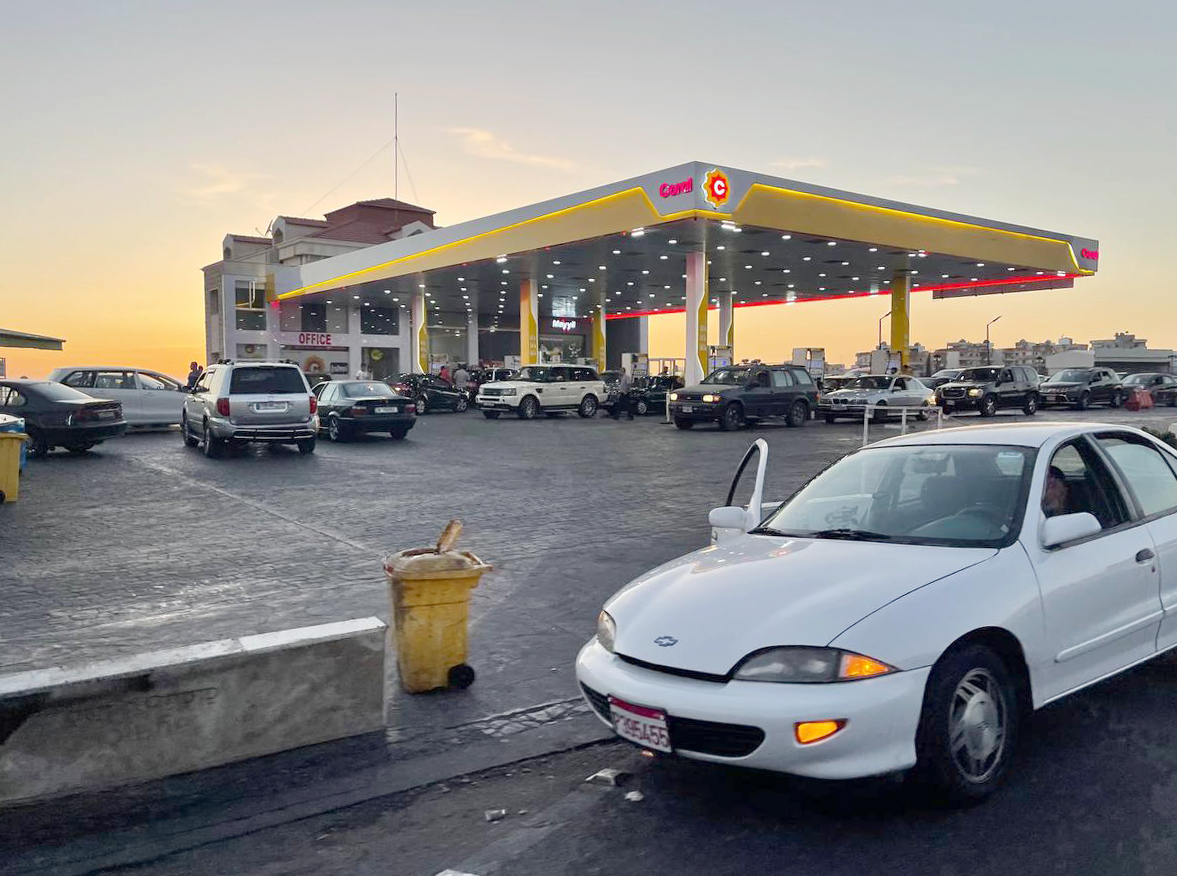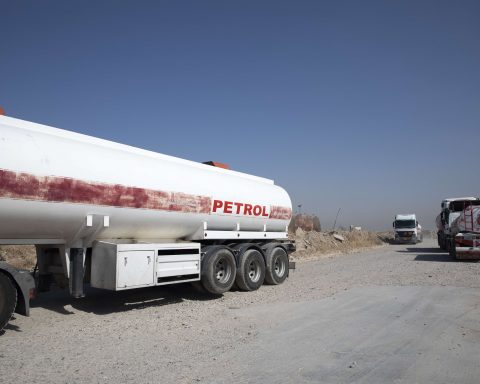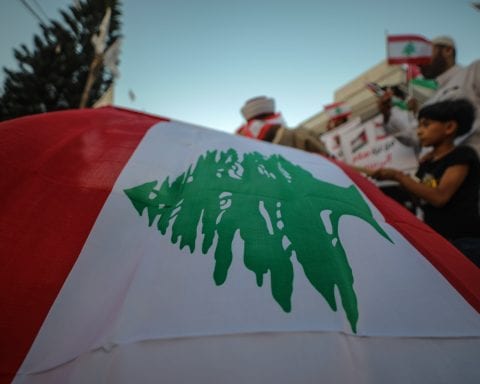Lebanon is on the brink of huge fuel scarcities amidst the deteriorating economic crisis in the country. Long lines outside gas stations have caused scuffles, traffic jams, accidents on nearby roads and even gunfights.
Abdo Mustafa, an Egyptian emigrant, working as a gas station associate in Beirut, exposed that, following the statement last weekend of an increase in fuel prices, he had been insulted and beaten by some people among the long queues of drivers waiting to fill up their vehicles.
He came to Lebanon to “earn good money to support his family, not be beaten or insulted,” he told Arab News on Thursday.
“This fuel-shortage crisis has developed so quickly, and its grimness and uncertainty have unfolded vastly and negatively among migrant workers in Lebanon.”
Mustafa, a 37-year-old father of two, is now certain to return home because of the deflation of the Lebanese currency and the shortage of dollars amid a deteriorating economic crisis, along with the personal abuse he is receiving because of the worsening fuel shortages.
On Thursday, Lebanon’s local news agency reported that President Michel Aoun headed to a meeting to address the fuel crisis and its effects. The other participants included the caretaker ministers of power and finance, and the governor of the Banque du Liban, Lebanon’s central bank.
They deliberated on several proposals designed to prevent any damaging escalations that might affect security and social stability. Local media reported that plans were approved to import subsidized fuel at the higher exchange rate of 3,900 Lebanese pounds to the dollar, which is the rate at which customers are currently permitted to withdraw their savings, instead of the official exchange rate of 1,500 pounds.














